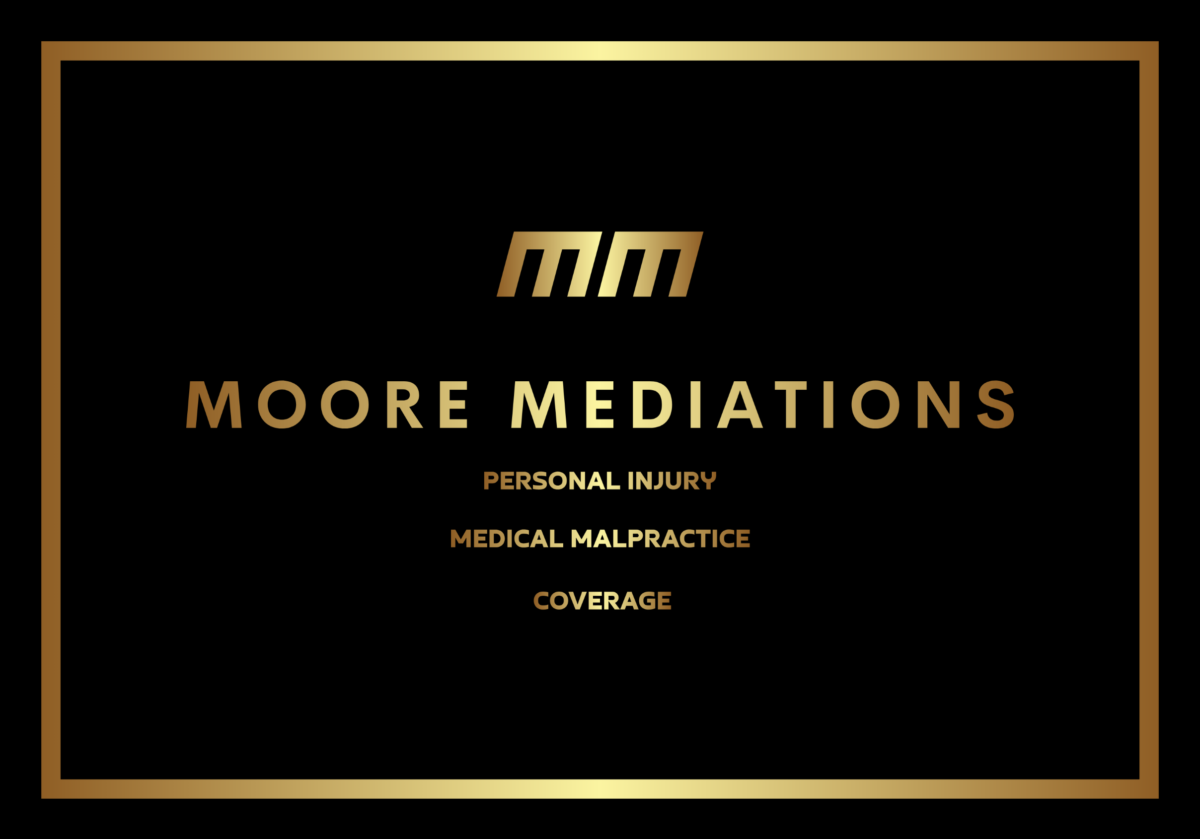- Specify the amounts to be paid to each plaintiff. For multiple plaintiffs is it a lump sum settlement or separate settlements for each plaintiff? Is settlement of one plaintiff’s claim dependent on the settlement of the others? For multiple defendants is the liability joint and several or several? Is there going to be a right to structure?*
- Are there any subrogated claims (such as OHIP, ODSP, Ontario Works or disability insurers) and have they been dealt with? Will separate releases or approvals be necessary?
- Have you considered unbilled disbursements (including experts who have not yet provided reports), amounts owed to third parties such as parties with rights of subrogation and previous lawyers’ fees? You may wish to have these amounts confirmed in writing prior to the mediation.
- If there have been advance payments, then the minutes should spell out whether the settlement amounts are “new money” or inclusive of previous advances.
- Specify when the settlement proceeds will be paid and if any step(s) must be completed before payment (such as delivering an executed release).
- Is there a party under disability? Is court approval necessary? Are you prepared to settle the claims of those not under disability separately? Specify a process for approval including timelines.
- What non-monetary terms form part of the settlement? Make sure that performance of such terms can readily be determined by a judge. These may include dissolving previous orders of the court.
- Do you require a confidentiality clause?
- Does either side require time to obtain authority? If so specify how such authority will be communicated between the parties.
- If there is an accident benefits settlement is compliance with section 9.1 of O.Reg 664 necessary? How will that be handled? What will be done with expenses submitted and not paid yet or expenses not yet submitted to the SAB insurer.
- Ensure that an order(s) dismissing all other claims, generally, without costs, including claims advanced in companion litigation are taken out. Make sure that you have addressed the potential for related future claims. This is of particular importance for defendants and third parties who will likely not receive a release from other defendants or third parties and wish to avoid unanticipated future claims. Consider who will be responsible for drafting the documentation, how it will be approved and when it can be taken out.
- Are releases to be exchanged? Who is going to draft them and what non-standard terms (for example, a confidentiality clause) will be included? How are you going to ensure that none of the defendants attempts to claim additional indemnity or contribution in the future? This might be accomplished by dismissing the claims, crossclaims and third party claims “with prejudice and without costs”.
- Who is paying for the mediation?
- Ensure that you have a copy of any the minutes of settlement and/or releases before leaving the mediation.
- In complex cases you may wish to prepare a preamble that outlines the facts and assumptions upon which the settlement is based. You may even wish to have the parties confirm the accuracy of such facts and assumptions in the operative portions of the Minutes. This could address concerns regarding representations that turn out to be untrue following the execution of the Minutes.
* If there is going to be a structure, then specify how much can be structured and address the following:
- Can the defendant or defendants actually enter into a structured settlement? This is rarely a problem now but this may be important if you are not dealing with an insurer licensed in Canada or directly with a defendant.
- Do the parties need to agree on the identity of the structure broker?
- Do the parties need to agree on the identity of the life insurer?
- Is there to be an assignment and, if so, who will pay the assignment fee or fees? If not, then agree on which insurer(s) will hold what portions of the structure(s).
- If the structure broker is drafting the final minutes or judgment, how will other parties communicate their agreement?
- Will funds be paid to the structure broker in advance of finalization of the judgment or minutes to guarantee the rate for the structure? If so, when will they be paid and what documentation needs to be created in advance of such a payment?
- What steps must be taken to inform the broker if the settlement is not court approved and the advanced funds need to be returned?
Prepared by Stephen Moore
